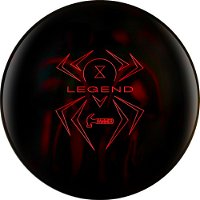Coupon excludes instant bonus items, hot deal items, and gift certificates.
Category: Bowling Knowledge
How to Clean a Bowling Ball
Posted Oct 28, 2024 In: Balls Category Page Learning | Bowling Ball Knowledge | Bowling Balls | Bowling Balls How To | Bowling Knowledge | Bowling Tips | Tips
 Keeping your bowling ball clean is important for playing your best. Dirt, oil, and grime can build up over time, reducing grip, affecting your hook, and shortening the lifespan of your ball. We’ll walk you through the steps and tools necessary to clean your bowling ball...
Keeping your bowling ball clean is important for playing your best. Dirt, oil, and grime can build up over time, reducing grip, affecting your hook, and shortening the lifespan of your ball. We’ll walk you through the steps and tools necessary to clean your bowling ball...
Learning About Bowling Balls: Coverstock
Posted Jun 19, 2024 In: Bowling Ball Knowledge | Bowling Balls | Bowling Knowledge | Bowling Technology | Bowling Terms
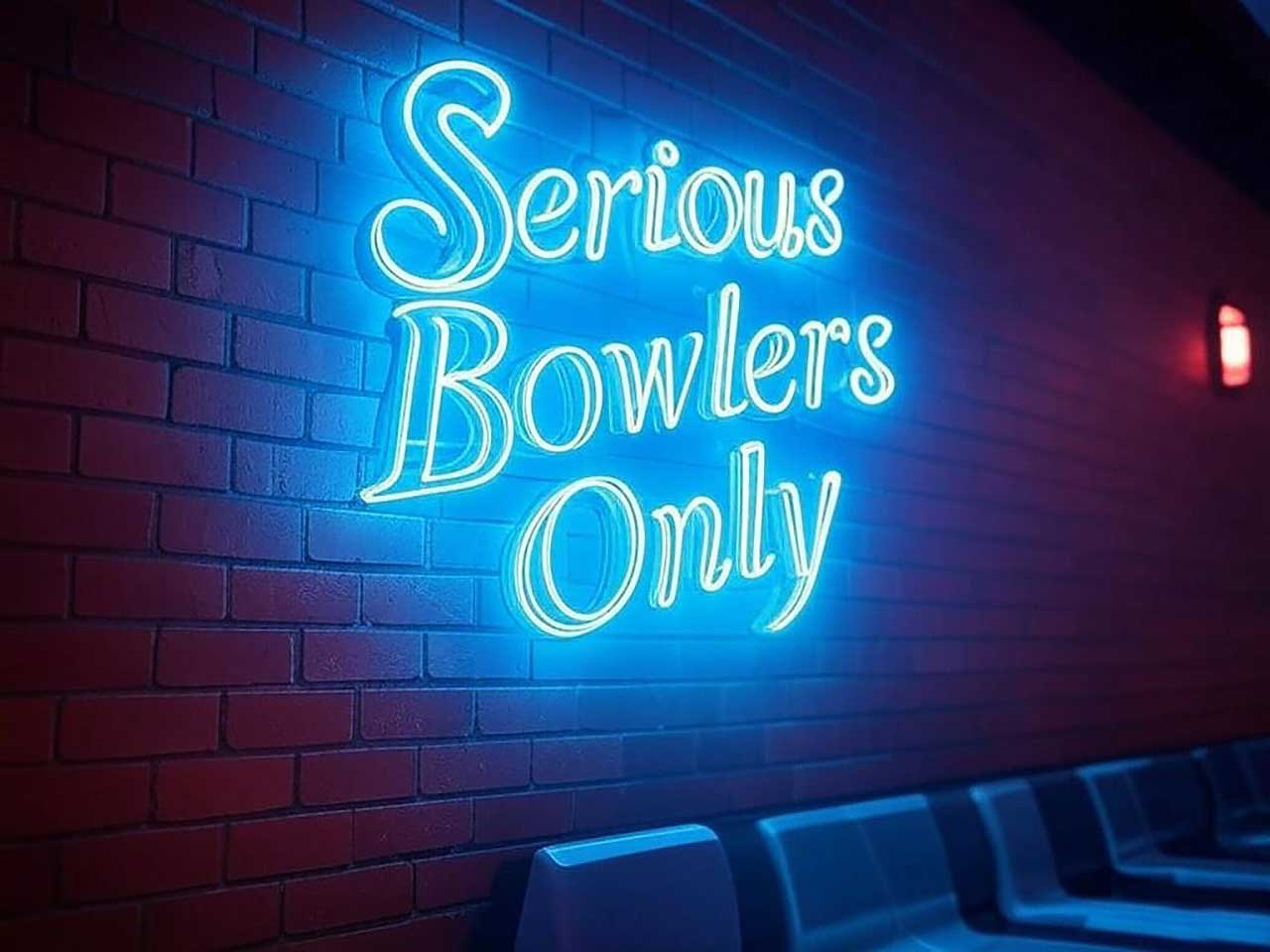 For serious bowlers looking to up their game, understanding the coverstock used on a bowling ball is essential. The coverstock refers to the outer shell material and finish that surrounds the ball's core. This has a major impact on how the ball grips the lane, its hook potential, and overall motion characteristics...
For serious bowlers looking to up their game, understanding the coverstock used on a bowling ball is essential. The coverstock refers to the outer shell material and finish that surrounds the ball's core. This has a major impact on how the ball grips the lane, its hook potential, and overall motion characteristics...
Learning About Bowling Balls: Lane Conditions
Posted Jun 18, 2024 In: Bowling Ball Knowledge | Bowling Balls | Bowling Balls How To | Bowling Knowledge | Bowling Technology | Bowling Terms
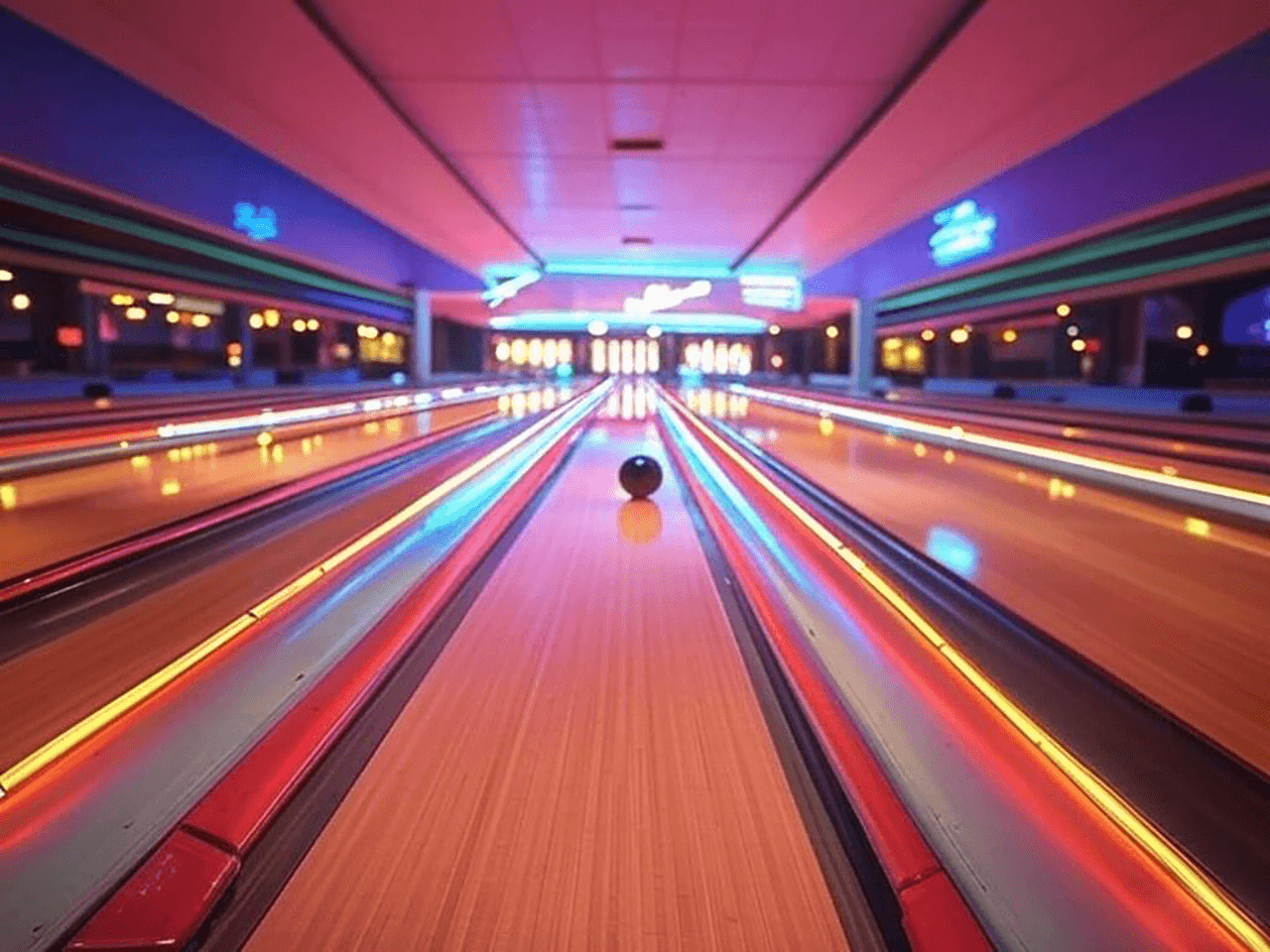 For bowlers at any level, understanding lane conditions and oil patterns is crucial to consistency and scoring. The oil pattern laid down on the lanes has a massive effect on how much a bowling ball will hook and react. We discussed this a bit in our post on Hook Potential. So this means that understanding your house oil conditions, along with knowing your skill level, will help you choose the bowling ball that's right for you!..
For bowlers at any level, understanding lane conditions and oil patterns is crucial to consistency and scoring. The oil pattern laid down on the lanes has a massive effect on how much a bowling ball will hook and react. We discussed this a bit in our post on Hook Potential. So this means that understanding your house oil conditions, along with knowing your skill level, will help you choose the bowling ball that's right for you!..
Learning About Bowling Balls: Hook Potential
Posted Jun 18, 2024 In: Bowling Ball Knowledge | Bowling Balls | Bowling Balls How To | Bowling Knowledge | Bowling Technology | Bowling Terms
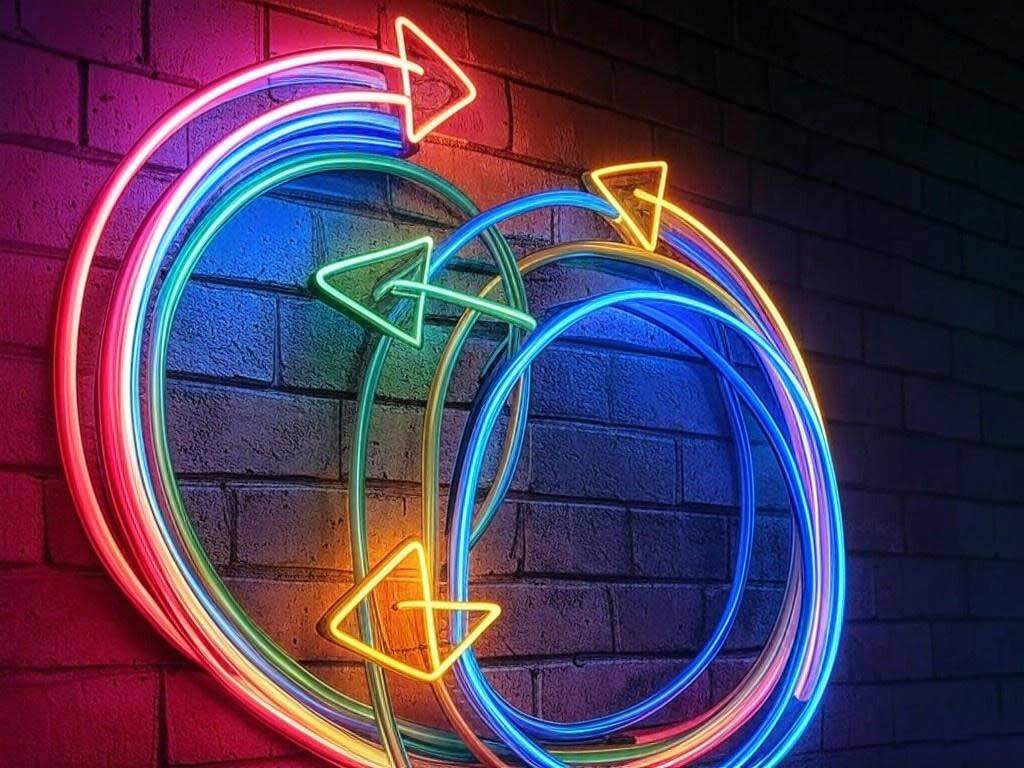 If you've ever watched professional bowling on TV, you've probably noticed how much the pros curve their ball and hook into the pocket. That curve is due to something called "hook potential" - and it's a crucial aspect of the sport that bowlers at every level need to understand...
If you've ever watched professional bowling on TV, you've probably noticed how much the pros curve their ball and hook into the pocket. That curve is due to something called "hook potential" - and it's a crucial aspect of the sport that bowlers at every level need to understand...
Bowling Term Glossary
Posted Feb 29, 2024 In: Bowling Balls | Bowling Knowledge | Bowling Terms
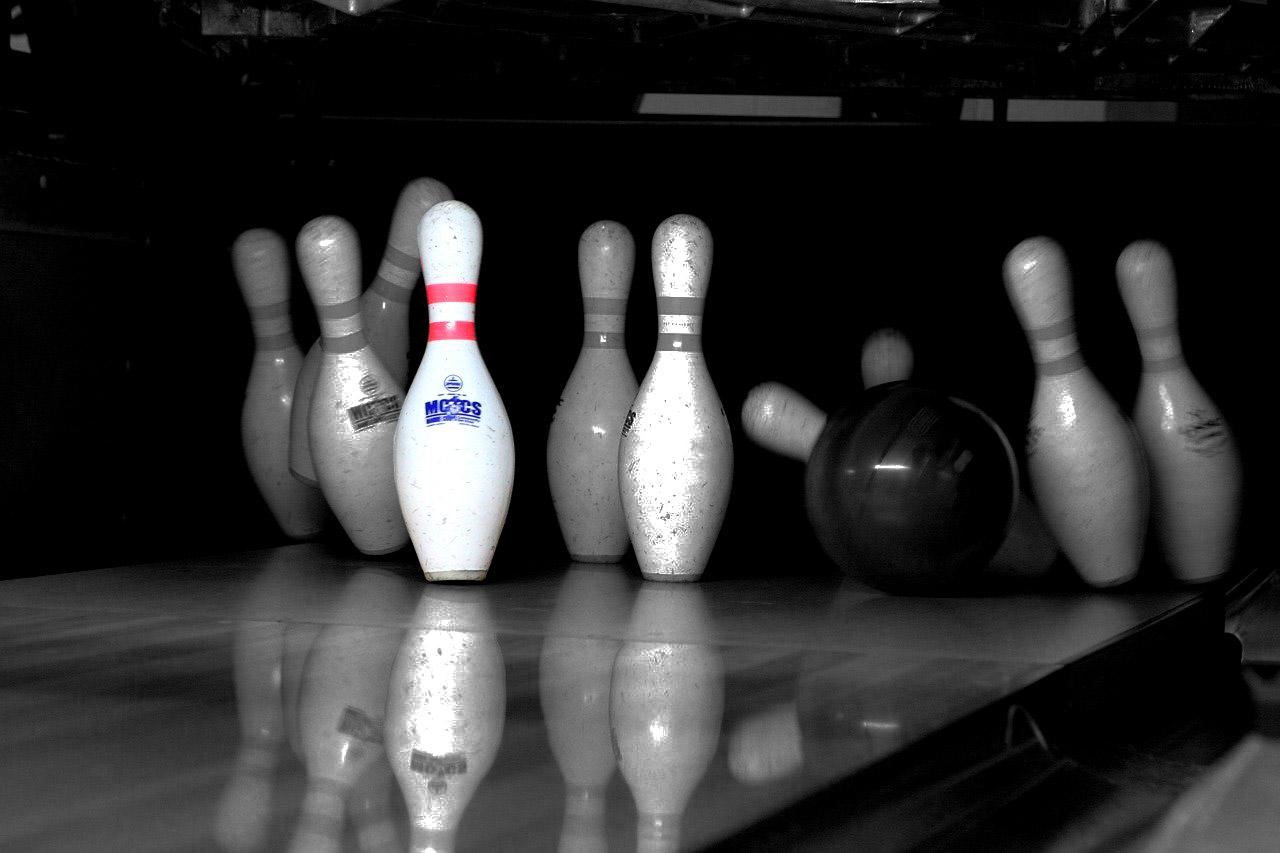 The exact origin of bowling is unknown but archeologists have traced its beginnings at least back to ancient Egypt. Much later, in Germany, the trend to bowl with nine pins became popular and spread throughout Europe. European colonists brought the game to North America as both an indoor and outdoor sport. Governing agencies, however, attempted to ban indoor bowling as it became more and more associated with drinking and gambling. In the early nineteenth century, ten-pin bowling evolved as a means of circumventing a public ban of nine-pin bowling in Connecticut. Regulatory groups began the process of standardizing all aspects of the sport in the late 1800's but it still retained its reputation for being a "low life" activity. Although highly popular, it was not until women entered the sport of bowling and gained more influence that ten-pin bowling became a more respectable pastime. National organizations began to see a decline in membership after the late 1970's and in 2004 merged to form one cohesive organization – the United States Bowling Congress (USBC). USBC's primary aim is the promotion and development of the sport in the interest of all bowlers...
The exact origin of bowling is unknown but archeologists have traced its beginnings at least back to ancient Egypt. Much later, in Germany, the trend to bowl with nine pins became popular and spread throughout Europe. European colonists brought the game to North America as both an indoor and outdoor sport. Governing agencies, however, attempted to ban indoor bowling as it became more and more associated with drinking and gambling. In the early nineteenth century, ten-pin bowling evolved as a means of circumventing a public ban of nine-pin bowling in Connecticut. Regulatory groups began the process of standardizing all aspects of the sport in the late 1800's but it still retained its reputation for being a "low life" activity. Although highly popular, it was not until women entered the sport of bowling and gained more influence that ten-pin bowling became a more respectable pastime. National organizations began to see a decline in membership after the late 1970's and in 2004 merged to form one cohesive organization – the United States Bowling Congress (USBC). USBC's primary aim is the promotion and development of the sport in the interest of all bowlers...




